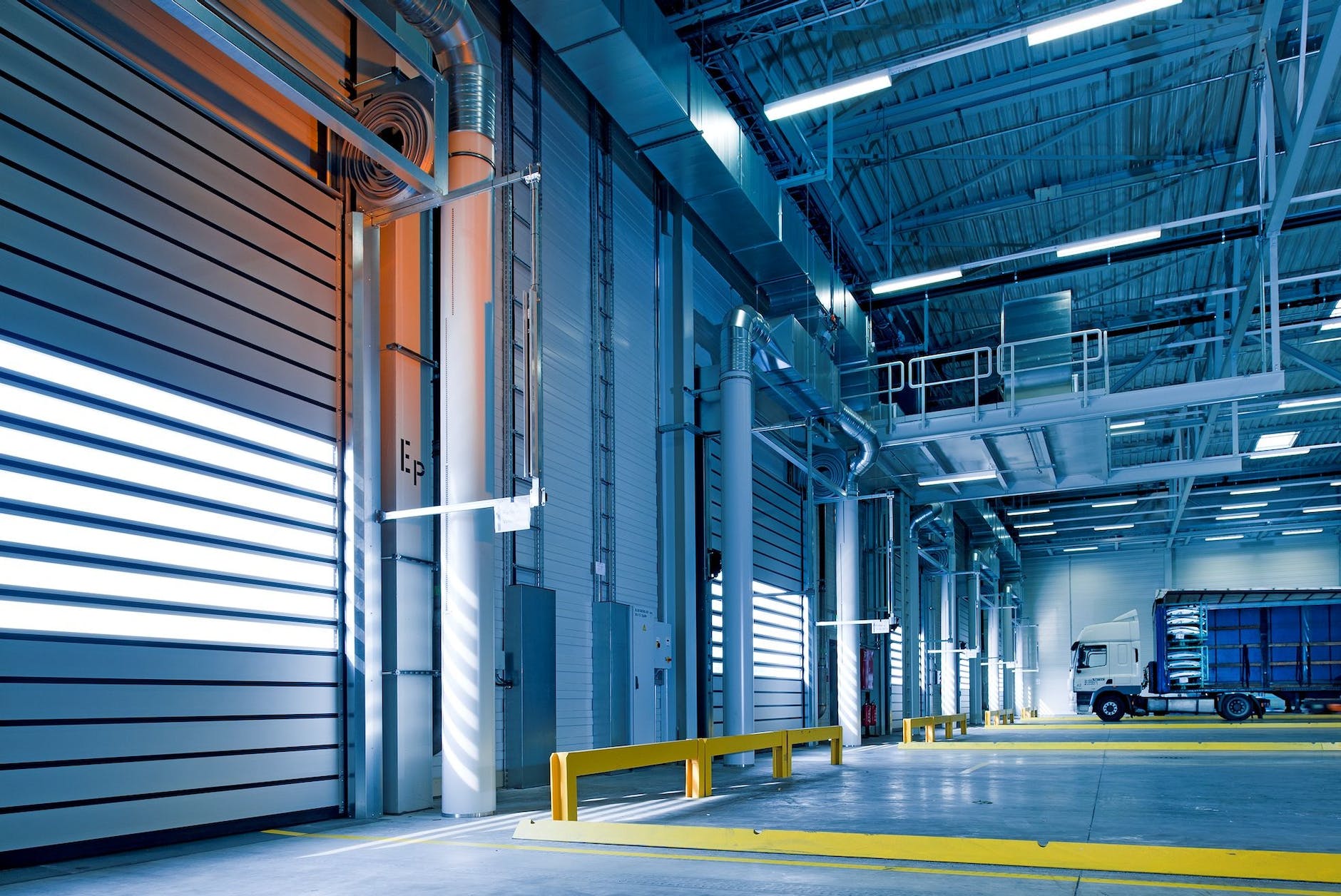The Future of Artificial Intelligence in Logistics: Transforming Supply Chains
The logistics industry plays a crucial role in the global economy, enabling the seamless movement of goods and services from manufacturers to consumers. In recent years, the integration of Artificial Intelligence (AI) into logistics operations has been revolutionizing the way supply chains operate. This article explores the exciting potential of AI in logistics, its benefits, and how it is transforming supply chain management.
Predictive Analytics for Demand Forecasting:
AI-powered predictive analytics is reshaping demand forecasting, allowing logistics companies to anticipate consumer behavior accurately. By analyzing vast amounts of historical data, AI algorithms can predict market trends, demand fluctuations, and inventory requirements with greater precision. This enables supply chain managers to optimize inventory levels, reduce stockouts, and minimize excess inventory, leading to cost savings and improved customer satisfaction.
Optimizing Route Planning and Efficiency:
AI algorithms are adept at optimizing complex route planning, considering multiple variables such as traffic conditions, weather, delivery time windows, and fuel consumption. By leveraging real-time data and machine learning, logistics companies can improve delivery efficiency, reduce fuel costs, and decrease carbon footprints. This not only benefits the company’s bottom line but also contributes to sustainability efforts.
Enhancing Warehouse Automation:
AI-driven robotics and automation have brought significant advancements in warehouse operations. Intelligent robots can autonomously pick, pack, and sort items, reducing human labor and increasing operational efficiency. AI-powered warehouse management systems can also optimize inventory layout, track items in real-time, and predict stock replenishment needs, streamlining the fulfillment process.
AI-Enabled Supply Chain Visibility:
Supply chain visibility is crucial for effective decision-making. AI-powered solutions provide real-time tracking of shipments, allowing stakeholders to monitor the movement of goods throughout the supply chain. With this enhanced visibility, logistics companies can proactively address disruptions, improve delivery timelines, and maintain customer satisfaction.
Risk Management and Resilience:
AI plays a vital role in identifying and mitigating potential risks within the supply chain. By analyzing data and patterns, AI algorithms can predict potential disruptions such as natural disasters or geopolitical events. Armed with this information, logistics companies can develop contingency plans and build resilient supply chains that can withstand unforeseen challenges.
Improving Customer Experience:
The integration of AI in logistics enables enhanced customer experience through personalized services and real-time communication. AI-powered chatbots and virtual assistants can handle customer inquiries, provide shipment updates, and offer support round-the-clock, improving customer satisfaction and loyalty.
The future of AI in logistics is promising, with transformative potential to optimize supply chain operations, reduce costs, enhance efficiency, and improve customer experience. As AI continues to evolve, logistics companies that embrace these technologies are poised to gain a competitive edge in the dynamic and fast-paced world of global trade. By leveraging AI-powered predictive analytics, route planning, warehouse automation, and supply chain visibility, logistics companies can stay agile, adaptive, and resilient in meeting the demands of an ever-changing market. Embracing AI is not just a strategic choice; it is an imperative step toward revolutionizing the logistics industry and shaping the supply chains of tomorrow.






